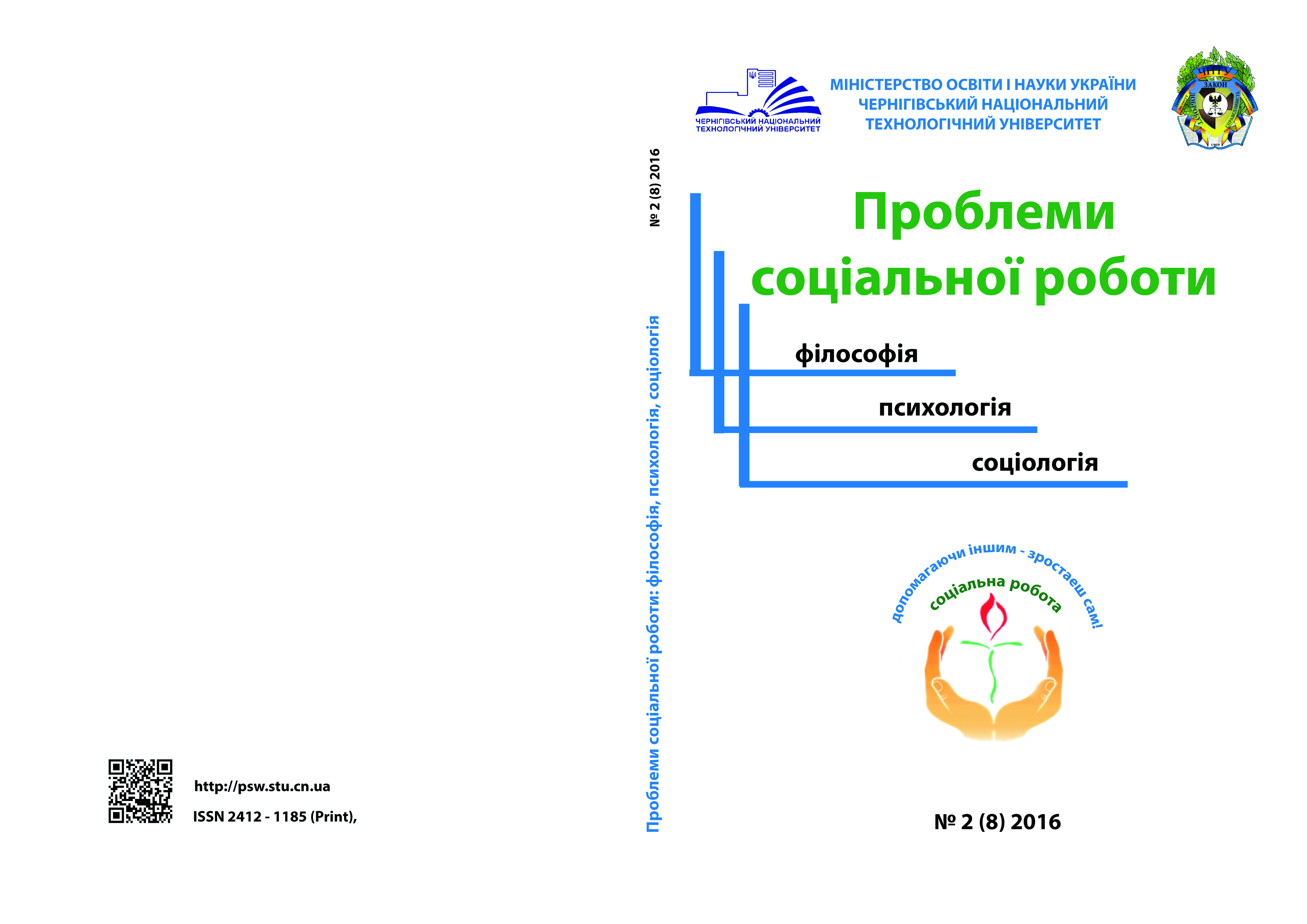THE LIFE CYCLES OF EMPIRES: THE ESSENTIAL APPROACH
Keywords:
state, empire, evolution, imperial mentalityAbstract
Peculiarities of contemporary manifestations of empire as a form of political organization actualize research stages in the evolution of empires which in turn requires an analysis of the whole complex of modern high-tech and highly organized way of ruling, subjection and control available in the arsenal of modern empires and considerably alter their external image. Representing the methodological approach to determination of empires development stages is considered in this paper. The main differentiating feature of each stage of empires evolution, the power resource is selected. There are five major steps that the empire passed in its development: the first stage - the military empires, the second - phase of political empires, the third stage marks the ideological empire, the fourth stage of the evolution is in the economic empires. Today we can speak about the transition to the fifth step in the evolution of the phenomenon, which are representatives of the information empire which boundaries do not always coincide with national ones. The conclusion about the need to incorporate the features of this stage to effectively overcome the imperial influence - not so much because of political efforts, but because of cultural meaning, in the form of moral uplift over the remains of the imperial mentality. A cursory review on the empires evolution allows to understand that they are not random, short-term phenomenon of history, but are an integral part of the global political system, in which each of them acts as a unifier of fragmented states mired in infighting. Of course, this is not a "civilizing" mission, or some step forward for the countries and peoples absorbed by an Empire - this is only an end to the chaos and destruction caused by external forces. And as long as a similar function in civil conflicts is performed by the UN, the need in the empire remains except in relation to the conflict of information, "meaning". However, if before the civil conflicts generate internal economic, political and interethnic problems of the country, and their fire only worsened these problems, but now such outbursts are more often provoked from the outside, and it is they that create the most domestic economic, political and ethnic problems. But, according to the authors, the inability of empires for self-development should not be underestimated, especially since their power mainly rests not on actual political or military power, but on the faith of its provinces and colonies in this power, on the fear of it, and on the poisoning even its ardent opponents with treacherous imperial mentality - that does not allow them to deal with it efficiently and effectively. Our proposed approach to the division of the stages of empires evolution can be called essential, since it is not based on the classification of certain Empire to the chronological framework of the history of European or some other civilization, and on ways of allocating it to the reign of one of the five types of power resources used by it.References
Бейссинджер, М. Переосмысление империи после распада Советского Союза // Ab Imperio. –2005. – № 3. – С. 35–88.
Волошин, Д. А. Феномен империи в мировой истории: Рим.: учебное пособие [Электронный ресурс] / Д. А. Волошин; под. ред. С. Л. Дударева. - Армавир, 2013. – 156 с.– Режим доступа: https://books.google.com.ua/books?id=f0p-_CgAAQBAJ&pg=PA2&lpg=PA2&dq=2.%09Волошин+.
Ливен, Д. Российская империя и ее враги с XVI века до наших дней / Д. Ливен. - М., 2007. – 688 с.
Мотыль, А. Пути империй: упадок, крах и возрождение имперских государств / А. Мотыль. – М., 2004. – 248 с.
Почепцов, Г. Інформаційні війни: тенденції та шляхи розвитку [Електронний ресурс] – Режим доступу до джерела: http://osvita.mediasapiens.ua/material/9161.
Почепцов, Г. Первая смысловая война в мире (Украина, Крым, Россия) [Електронний ресурс] – Режим доступу до джерела : http://osvita.mediasapiens.ua/material/31194.
Фісун, О. А. Сучасні типології імперій: основні підходи та інтерпретації / О. А. Фісун, О. А. Баталов // Гілея: науковий вісник. – Випуск 63 (№ 8). – С. 522–526.
Хохлов, М. И. Наднациональность в политике Европейского Союза [Електронний ресурс] / И. И. Хохлов, Е. А. Сидорова ; РАН, ИМЭМО. - Изд. 2-е, обновл. и доп. - Москва : Международные отношения, 2014. - 304 с. – Режим доступу до джерела : http://www.inter-rel.ru/book/history/book378/.
Яковенко, И. Г. От империи к національному государству (Попытка концептуализации процесса) / И. Г. Яковенко // Полис. - 1996. - № 6. - С.117-128.
John, A. Armstrong. Nations Before Nationalism. Chapel Hill, 1982. P. 131.
Michael, W. Doyle. Empires. Ithaca, N. Y. : Cornell University Press, 1986. P. 45. John A. Armstrong. Nations Before Nationalism. Chapel Hill, 1982. P. 131.
Downloads
Issue
Section
License
Copyright (c) 2017 Chernihiv National University of Technologies

This work is licensed under a Creative Commons Attribution-NonCommercial 4.0 International License.
1. Політика, яка рекомендується журналам, що пропонують відкритий доступ Автори, які публікуються у цьому журналі, погоджуються з наступними умовами:- Автори залишають за собою право на авторство своєї роботи та передають журналу право першої публікації цієї роботи на умовах ліцензії Creative Commons Attribution License, котра дозволяє іншим особам вільно розповсюджувати опубліковану роботу з обов'язковим посиланням на авторів оригінальної роботи та першу публікацію роботи у цьому журналі.
- Автори мають право укладати самостійні додаткові угоди щодо неексклюзивного розповсюдження роботи у тому вигляді, в якому вона була опублікована цим журналом (наприклад, розміщувати роботу в електронному сховищі установи або публікувати у складі монографії), за умови збереження посилання на першу публікацію роботи у цьому журналі.
- Політика журналу дозволяє і заохочує розміщення авторами в мережі Інтернет (наприклад, у сховищах установ або на особистих веб-сайтах) рукопису роботи, як до подання цього рукопису до редакції, так і під час його редакційного опрацювання, оскільки це сприяє виникненню продуктивної наукової дискусії та позитивно позначається на оперативності та динаміці цитування опублікованої роботи (див. The Effect of Open Access).


